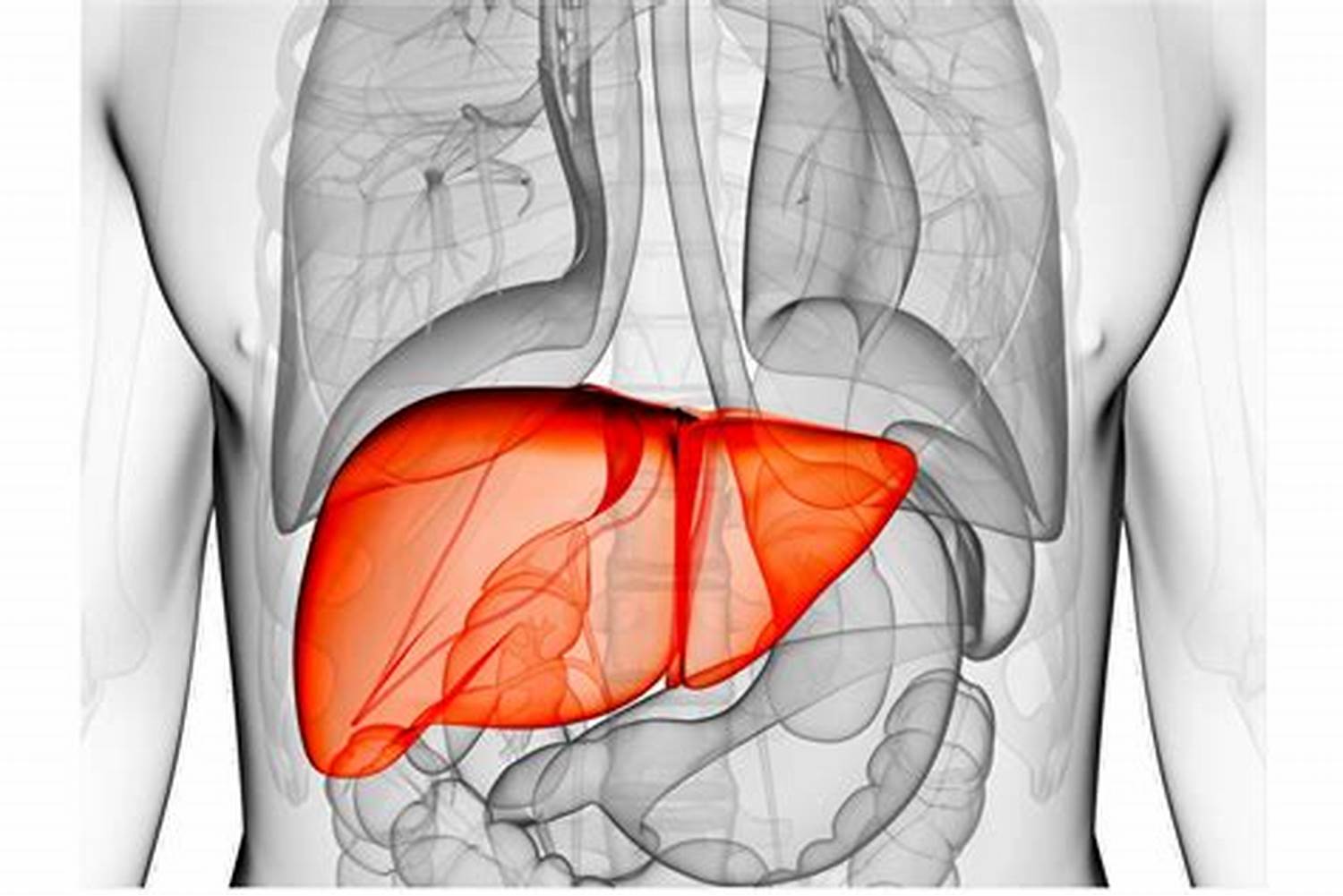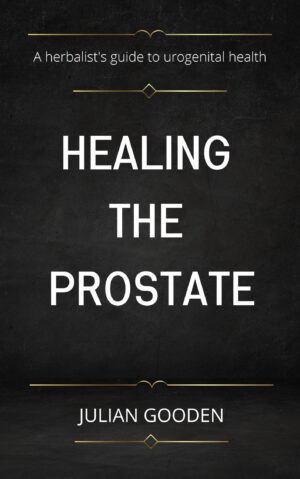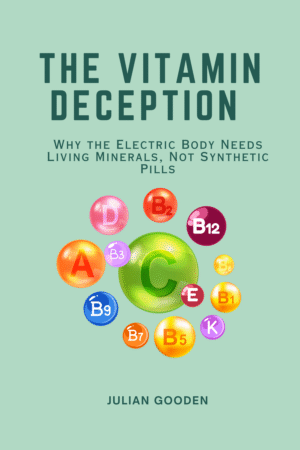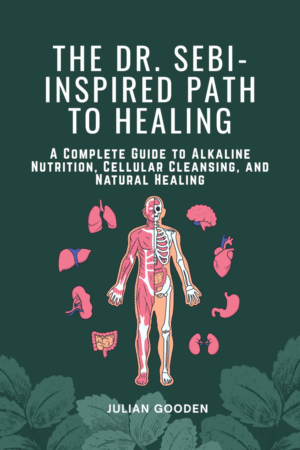The liver is a vital organ with a wide range of essential functions, crucial for maintaining overall health. Some of its key functions include:
1. Detoxification
- The liver detoxifies the blood by breaking down and neutralizing harmful substances such as drugs, alcohol, and environmental toxins. It converts these toxins into less harmful compounds, which are then excreted from the body via urine or bile.
2. Metabolism
- Carbohydrate Metabolism: The liver helps regulate blood sugar levels by converting excess glucose into glycogen (a storage form of glucose) and storing it. When the body needs energy, the liver converts glycogen back into glucose.
- Lipid Metabolism: The liver plays a central role in fat metabolism, including the production of cholesterol and triglycerides, as well as the synthesis and breakdown of lipoproteins, which transport fats in the blood.
- Protein Metabolism: The liver is involved in the synthesis of important proteins, including albumin (which helps maintain blood volume and pressure) and clotting factors (which help blood clot properly).
3. Bile Production
- The liver produces bile, a substance that aids in the digestion and absorption of fats in the small intestine. Bile also helps in the excretion of waste products, including bilirubin (a byproduct of the breakdown of red blood cells) and excess cholesterol.
4. Storage
- The liver stores various essential nutrients, and minerals (such as iron and copper). It also stores glycogen, which can be converted to glucose when the body needs energy.
5. Blood Clotting Regulation
- The liver produces substances that are critical for blood clotting, helping to prevent excessive bleeding when injuries occur.
6. Immune Function
- The liver plays a role in the body’s immune system. It contains specialized cells known as Kupffer cells that help to filter bacteria, and other pathogens from the blood, thereby aiding in the immune response.
7. Hormone Regulation
- The liver helps regulate the levels of various hormones in the body, including sex hormones, thyroid hormones, and cortisol. It also helps in the metabolism of these hormones, ensuring they are broken down and excreted when no longer needed.
8. Production of “Blood Proteins”
- In addition to clotting factors, the liver produces various other substances science calls “blood proteins” that play roles in maintaining blood pressure, fluid balance, and transporting substances in the blood.
The liver’s ability to perform these functions is vital to overall health, and damage to the liver can lead to serious health issues, highlighting the importance of maintaining liver health.
References:
- Sherwood, L. (2015). Human Physiology: From Cells to Systems (9th ed.).
- This textbook provides a comprehensive overview of the liver’s roles in metabolism, detoxification, and other physiological processes.
- Guyton, A. C., & Hall, J. E. (2020). Textbook of Medical Physiology (14th ed.).
- This medical physiology textbook offers detailed explanations of liver functions, including its role in bile production, metabolism, and storage.
- Kumar, V., Abbas, A. K., & Aster, J. C. (2021). Robbins and Cotran Pathologic Basis of Disease (10th ed.).
- This pathology textbook discusses the liver’s functions and how they are affected by various diseases.
- National Institute of Diabetes and Digestive and Kidney Diseases (NIDDK). (2018). “Your Digestive System & How It Works.”
- Available at NIDDK website
- This resource provides an accessible explanation of the liver’s role in digestion and overall health.
- McLachlan, A. J., & Ramzan, I. (2006). “Liver Function and the Use of Paracetamol.” The Medical Journal of Australia, 185(8), 441-445.
- This article discusses the liver’s role in drug metabolism and detoxification.














